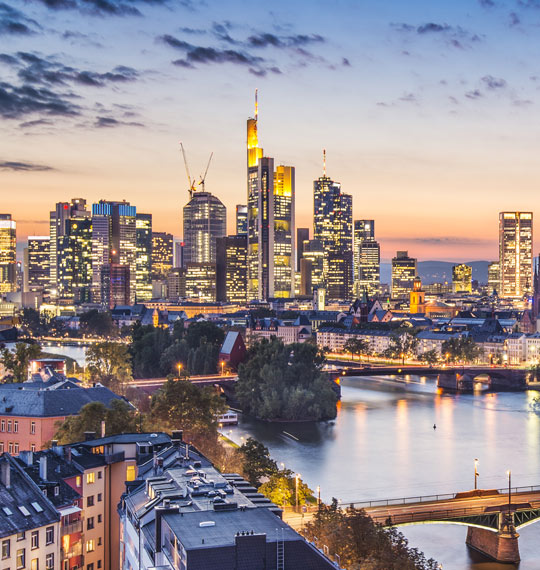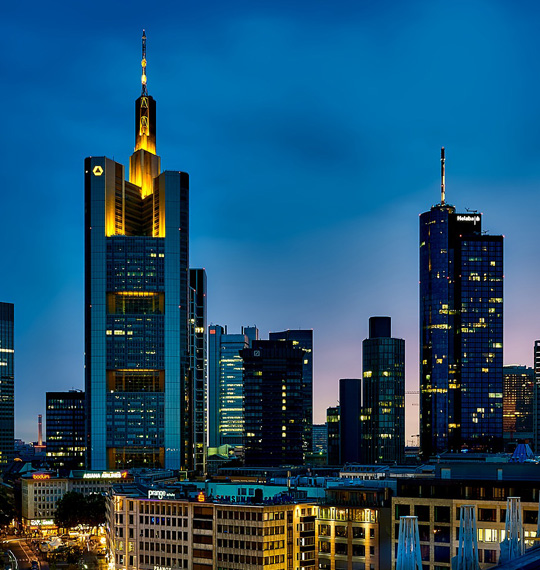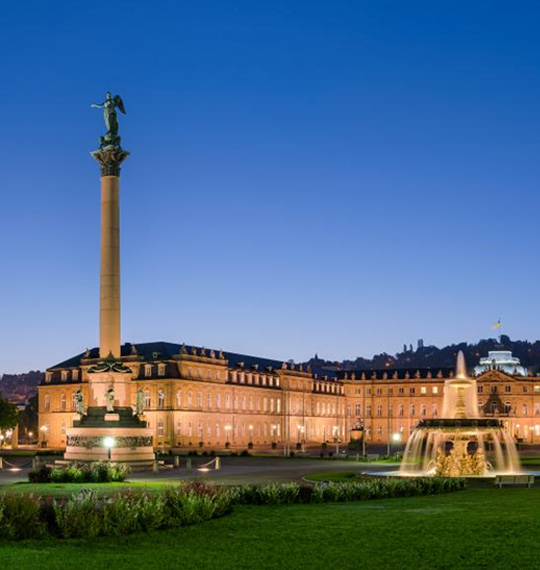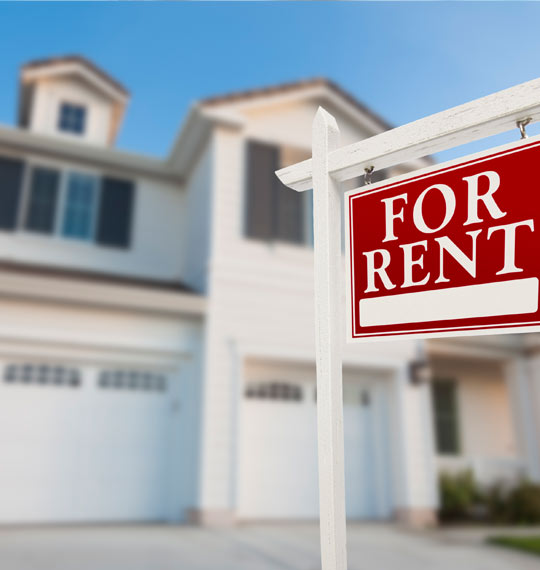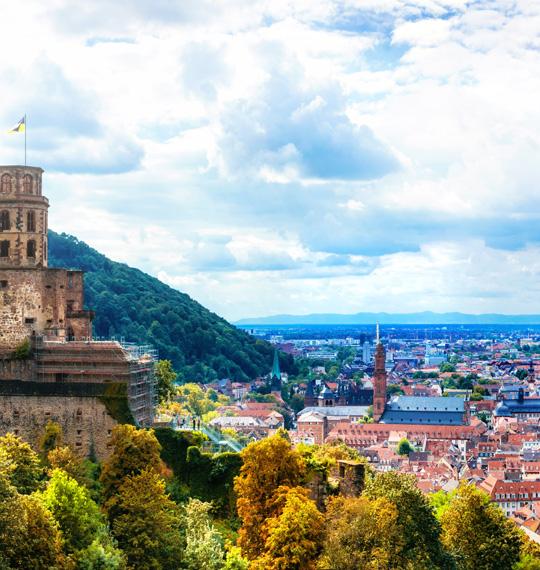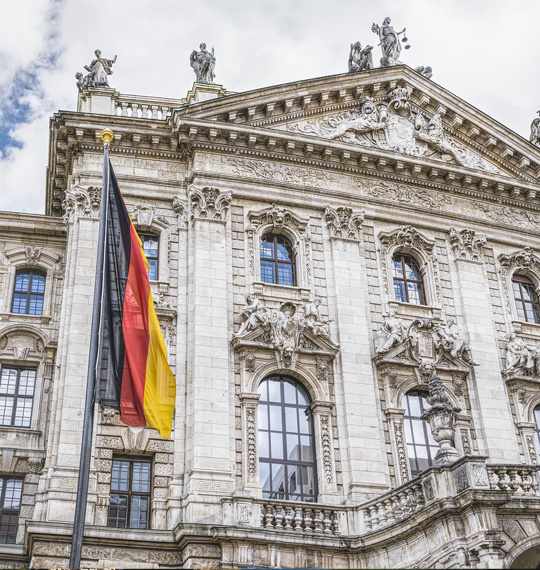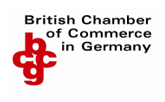If you’re considering a move to Germany, Munich should be high on your list of cities to consider. Known for its rich history, vibrant culture, and strong economy, Munich offers a high quality of life and a welcoming environment for expatriates.
In this article, we’ll provide you with essential information about Munich to help you navigate the relocation process and settle into your new home.
Munich, the capital of Bavaria, is located in southern Germany and is one of the country’s most prosperous and dynamic cities. With a perfect blend of historical charm and modern amenities, Munich offers something for everyone. The city is renowned for its beautiful architecture, including iconic landmarks like the Nymphenburg Palace, Frauenkirche (Cathedral of Our Blessed Lady), and the Residenz, the former royal palace.
Munich is known for its strong economy, with a focus on industries such as automotive engineering, technology, finance, and manufacturing. The city hosts the headquarters of major global companies and is a hub for innovation and entrepreneurship. Expatriates moving to Munich often find a range of job opportunities, particularly in these sectors.
Munich’s public transportation system is efficient and extensive, making it easy to get around the city and explore the surrounding areas. The Munich Transport and Tariff Association (MVV) operates a comprehensive network of buses, trams, and trains, ensuring convenient access to all parts of the city and its suburbs. The bike-sharing system and well-maintained cycling infrastructure make cycling a popular and eco-friendly mode of transportation.
Finding housing in Munich can be competitive, as the city is in high demand. Rental prices can be relatively high compared to other German cities, particularly in popular neighborhoods like Schwabing, Maxvorstadt, and Glockenbachviertel. It’s advisable to start your housing search well in advance and consider working with a local real estate agent to navigate the market.
Munich offers a range of international schools and bilingual educational programs, making it an attractive destination for expatriate families. International schools like the Bavarian International School, Munich International School, and the European School Munich provide education in English, while German schools with bilingual programs offer opportunities for language acquisition and cultural integration.
Munich’s cultural scene is vibrant and diverse, with numerous museums, art galleries, theaters, and music venues. The Pinakothek museums house world-class art collections, while the Bavarian State Opera and the Munich Philharmonic Orchestra offer outstanding performances. The city also hosts various festivals throughout the year, including the famous Oktoberfest, which attracts millions of visitors from around the world.
Munich’s central location in Europe makes it an ideal base for exploring other countries and regions. With excellent transportation connections, you can easily visit neighboring countries like Austria, Switzerland, and Italy, as well as other German cities and regions.
Integrating into the local community is an essential aspect of making the most of your experience in Munich. Learning the German language, even basic phrases, can greatly enhance your daily interactions and help you connect with locals. Engaging in local activities, joining clubs or associations, and attending cultural events can also contribute to a sense of belonging and enrich your experience.
In conclusion, moving to Munich offers expatriates a unique blend of history, culture, and economic opportunities. By familiarizing yourself with the city’s housing market, transportation system, educational options, cultural offerings, and community integration opportunities, you’ll be well-prepared to embrace all that Munich has to offer and enjoy a successful and fulfilling life in this remarkable city.
